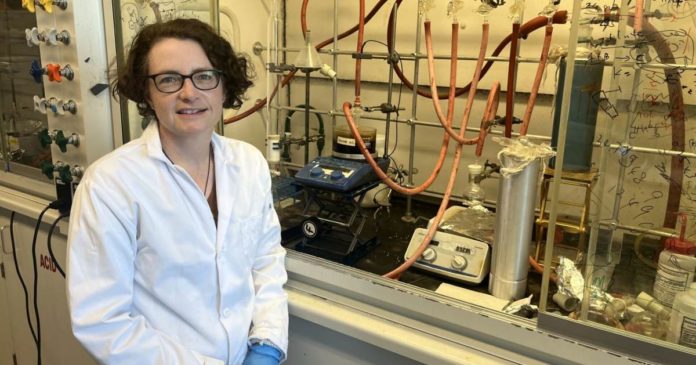A new biodegradable, hemp-based material created in Canada could prove to be a sustainable substitute for plastic product packaging.
Plastics have changed our world – and not always for the better. Most plastics are produced using fossil fuel derived chemicals as feedstocks, and are accompanied by all the problems associated with fossil fuel extraction and production. Then there’s the waste aspect; and while some plastics can be recycled, this doesn’t always happen.
While all plastics degrade over time, some do so faster than others – and as they degrade, they tend break up into very small particles called microplastics that pose a threat various organisms, particularly marine life.
An alternative to fossil-fuel based plastics are those derived from plant materials; and these have been in use for some time. A pretty common plant-derived plastic is cellophane (the “cell” standing for cellulose). In more recent years, researchers have pursued plant based solutions including industrial hemp as feedstock for creating plastics with new vigour; building on research done decades ago.
In Canada, Western University chemistry professor Elizabeth Gillies, mechanical and materials engineering professor Aaron Price and their teams have worked with CTK Bio Canada to develop a new biodegradable, hemp-based material that could potentially be a “go-to” solution for packaging needs; replacing industrial plastics such as high-density polyethylene (HDPE) pellets.
The results of the collaboration demonstrate the promise of copolyester-hemp blends for applications where they can replace conventional non-degradable plastics.
One of hemp’s many attributes that make it a winner for plastics is its structural makeup.
“Depending on the form, hemp can have a fibrous structure, which acts perfectly as a reinforcement for materials,” said Professor Gillies. “Basically, hemp is stronger and more malleable than many other biomaterials.”
The research involved using ground hemp stalk powder to serve as filler during production of packaging, which can be fed directly into the same manufacturing process currently – making it potentially very easy to integrate.
With Canada having a thriving hemp industry, what would otherwise be a waste product could be put to very good use in creating truly environmentally friendly plastic packaging.
Results of the study related to this research have been published in The Journal of Polymer Science.
Learn more about hemp bioplastics.


